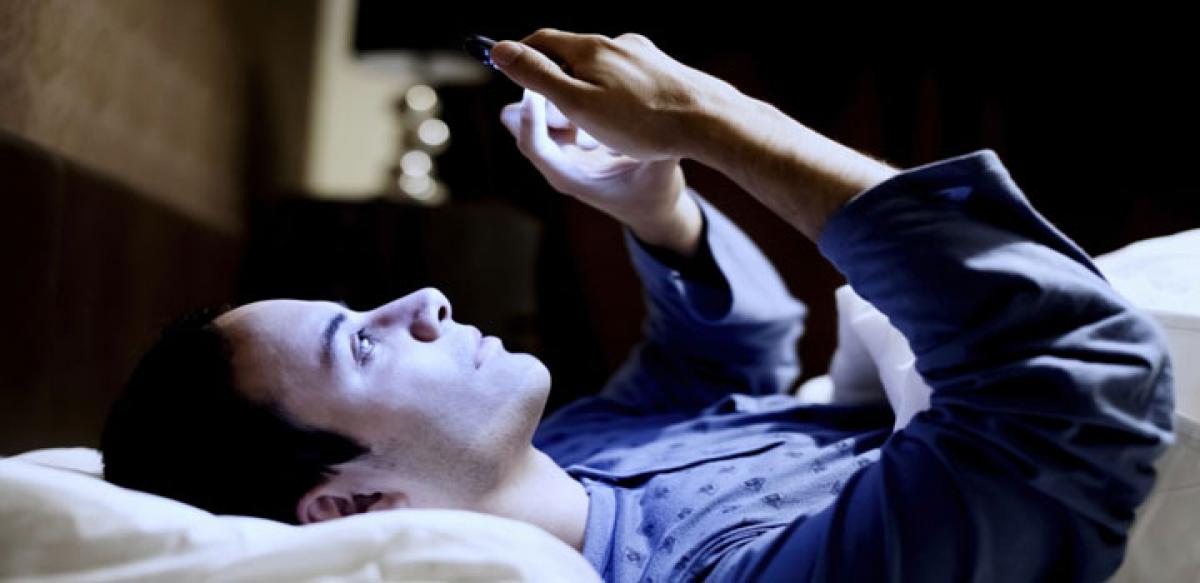Live
- AP Minister Ramanaidu addresses concerns on irrigation in assembly
- Police make preventive arrests of MPs Eatala and Aruna
- Farhan Akhtar Pays Tribute to Rezang La Heroes with First Look of ‘120 Bahadur’
- Water supply blocked to farmlands
- Borrowing cost still stressful: FM
- Gold rates in Delhi today surged, check the rates on 19 November, 2024
- Lagacharla women pour woes at NHRC
- Delhi’s Air Quality Hits Hazardous 500 Mark: Pollution Crisis Disrupts Life and Health
- Desist from spreading lies against survey: Ponguleti to BRS leaders
- Allu Arjun’s ‘Pushpa 2’ Breaks Records with Its Television Rights Deal










